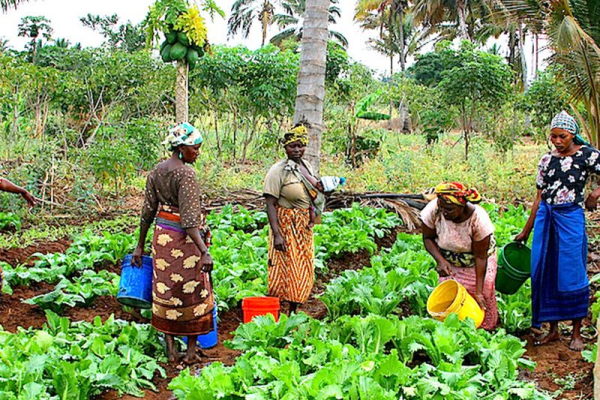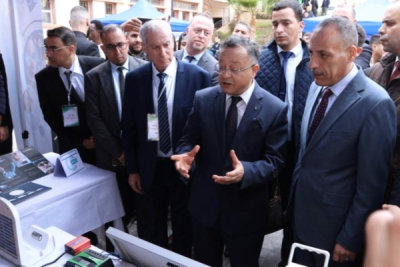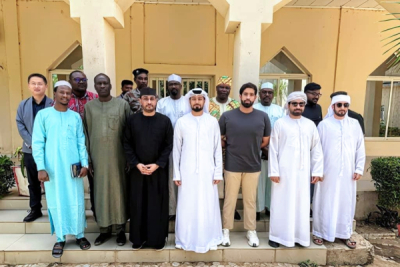In Nigeria, women comprise more than half of the rural labor force. This exposes them to rural-urban income disparities. To help them cope in case of increased rural poverty, programs are underway to empower them and make them able to capitalize on the digital economy.
Nigeria and the UN Women will launch a digital farming platform for women in the coming months. The plan was disclosed by the Nigerian Minister of Women Affairs Pauline Tallen, during the visit of Beatrice Eyong, UN Women’s representative to Nigeria, last Wednesday.
According to Minister Pauline Tallen, similar projects focused on empowering women should receive more funds because “once a woman is empowered, the home and lifestyle of her family will change and the nation will be healthier and better-off.”
“If the government could focus more on empowering women, it will not only change the lives of women alone but jump-start the economy,” she indicated.
The announced platform will provide users an overview of a business lifecycle, the tips, and tools needed to avoid distress selling, sell products at higher prices and reduce post-harvest losses.
According to Beatrice Eyong, the platform will also help improve rural communities’ economic and financial abilities, “introduce them to the digital economy, and prepare them for climate change.” She added that countries like Mali, and Senegal have already embraced similar platforms, benefiting women and even men.
The platform is part of the World Bank-supported program Nigeria for Women Project (NFWP), which aims to improve women’s livelihoods. The 5-year program plans to build the capacity of 324,000 women, facilitating their access to livelihood opportunities. According to the World Bank, in Nigeria, the significant rural-urban income disparity affects women, particularly the 54 million (out of a total of 80.2 million women) women who live and work in rural areas and provide 60-79% of the rural labor force. A significant increase in rural poverty translates into an increase in female poverty. Hence the need to build women’s capacities.
Samira Njoya



















